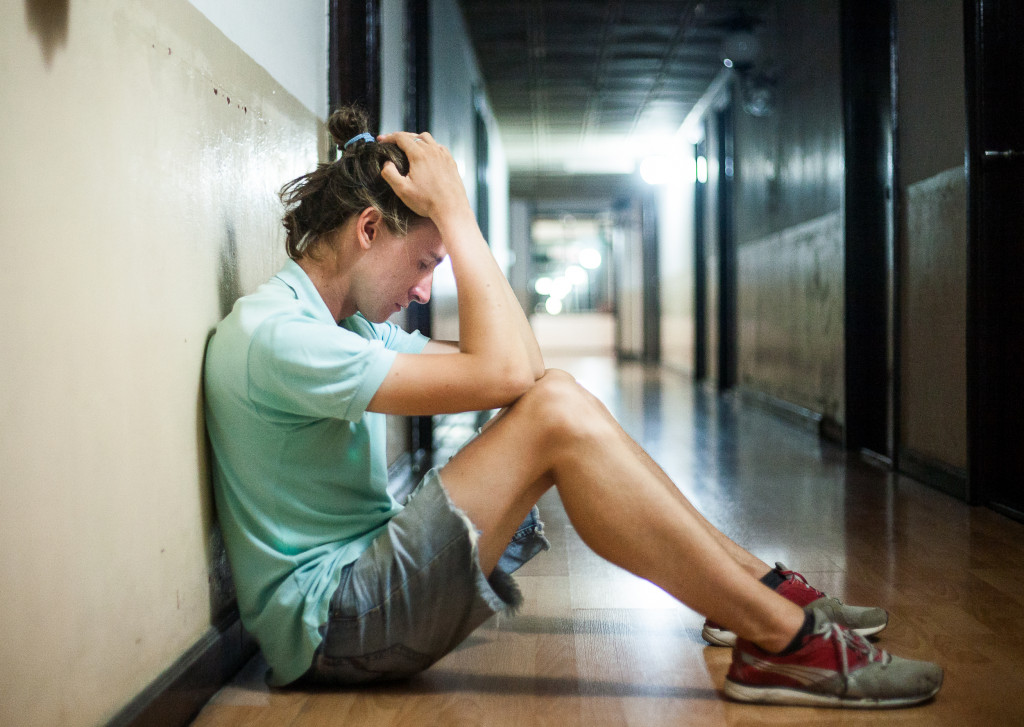Mental health is just as important as physical health. Like your body, your mind needs regular care and attention to stay healthy. Unfortunately, mental health is often neglected or misunderstood. This can lead to serious problems like anxiety, depression, substance abuse, and other mental health conditions. Each one comes with its own set of symptoms and treatment options. However, some treatments are effective for different types of mental illness. Here are a few treatments for some of the most common mental health conditions.
Psychotherapy
When you are struggling with a mental health condition, it can feel like you are all alone. You may feel like no one understands what you are going through. But there is help available. Psychotherapy is a type of treatment that can help you understand and manage your mental health condition. It can also help you cope with the stress and challenges of everyday life.
Psychotherapy can be done in individual or group sessions. It can also be done online or over the phone. If you are finding a psychotherapist, contact expathy.org or search online for the best therapist. You can get licensed therapists available there. You can select the therapist and book the session. You don’t have to suffer from a mental health condition alone. Help is available.
Medication
You may have been prescribed medication for your mental health condition or may be considering taking medication. It is essential to know that medication can be an effective treatment for mental health conditions, but it is not a cure. Medication is often used in combination with other treatments, such as therapy. It is also important to remember that every person responds to medication differently. What works for one person may not work for another. Finding the proper medication and dosage may take some trial and error. Be patient and work with your doctor to find the best treatment plan for you.
Self-care
When it comes to managing your mental health, self-care is essential. Consider making time each day for activities that help you relax and de-stress. This could be anything from reading a book or taking a nap to going for a walk or listening to music. Eating healthy foods, exercising regularly, and getting enough sleep are also important.
When you’re feeling overwhelmed or down, it can be tempting to turn to unhealthy coping mechanisms like alcohol or drugs. However, these substances will only make your symptoms worse in the long run. Instead, talk to a trusted friend or family member about your feelings.
Coping skills
When dealing with a mental health condition, you must have a set of coping skills that you can rely on. Everyone is different, so there’s no one-size-fits-all solution. However, some coping skills are effective for many people. For example, regular exercise can help to improve your mood and relieve stress. Mindfulness practices like meditation and yoga can also be helpful. Journaling can be a therapeutic way to process your thoughts and feelings. And spending time in nature has been shown to reduce anxiety and increase well-being.
If you’re unsure where to start, many resources are available online and in books. Talk to your doctor or therapist about what might work for you. And remember, asking for help when you need it is okay. Some people care about you and want to see you succeed.
Ketamine Therapy
Ketamine therapy is an increasingly popular treatment for mental health conditions such as depression, anxiety, and PTSD. Unlike traditional therapies, which can take weeks or even months to produce results, ketamine therapy can provide relief in a matter of hours.
In addition, ketamine therapy is non-addictive and has few side effects. The exact mechanism by which ketamine produces these results is not yet known, but it is thought to work by increasing levels of neurotransmitters in the brain. If you are considering ketamine therapy for your mental health condition, you can visit a Ketamine clinic. There you’ll find trained and experienced providers who can safely administer ketamine. They can also answer any questions you may have about the treatment. Lastly, they can advise on how to prepare for and what to expect from your ketamine therapy sessions.
Support groups

Dealing with a mental health condition can be difficult. You may feel like you’re struggling to cope, and it can be hard to talk to friends or family about what you’re going through. Luckily, there are licensed therapists available on expathy.org that can provide a listening ear and some helpful advice. You can book the session and experience the benefits of online therapy. Therapists usually consist of people who are dealing with mental health conditions, so they understand what you’re going through.
They can offer tips on how to cope and provide a shoulder to cry on when needed. In addition, support groups can help to reduce feelings of isolation and provide a sense of community. If you’re interested in joining a support group, your GP or mental health professional should be able to give you more information. Alternatively, there are many online groups that you can join from the comfort of your own home.
Mental health conditions can be difficult to deal with for the person affected and their loved ones. However, help is available. Many treatments are available, including medication, therapy, self-care, coping skills, and ketamine therapy. In addition, support groups can provide invaluable support and advice. If you’re struggling with a mental health condition, don’t hesitate to seek help. You’re not alone.




